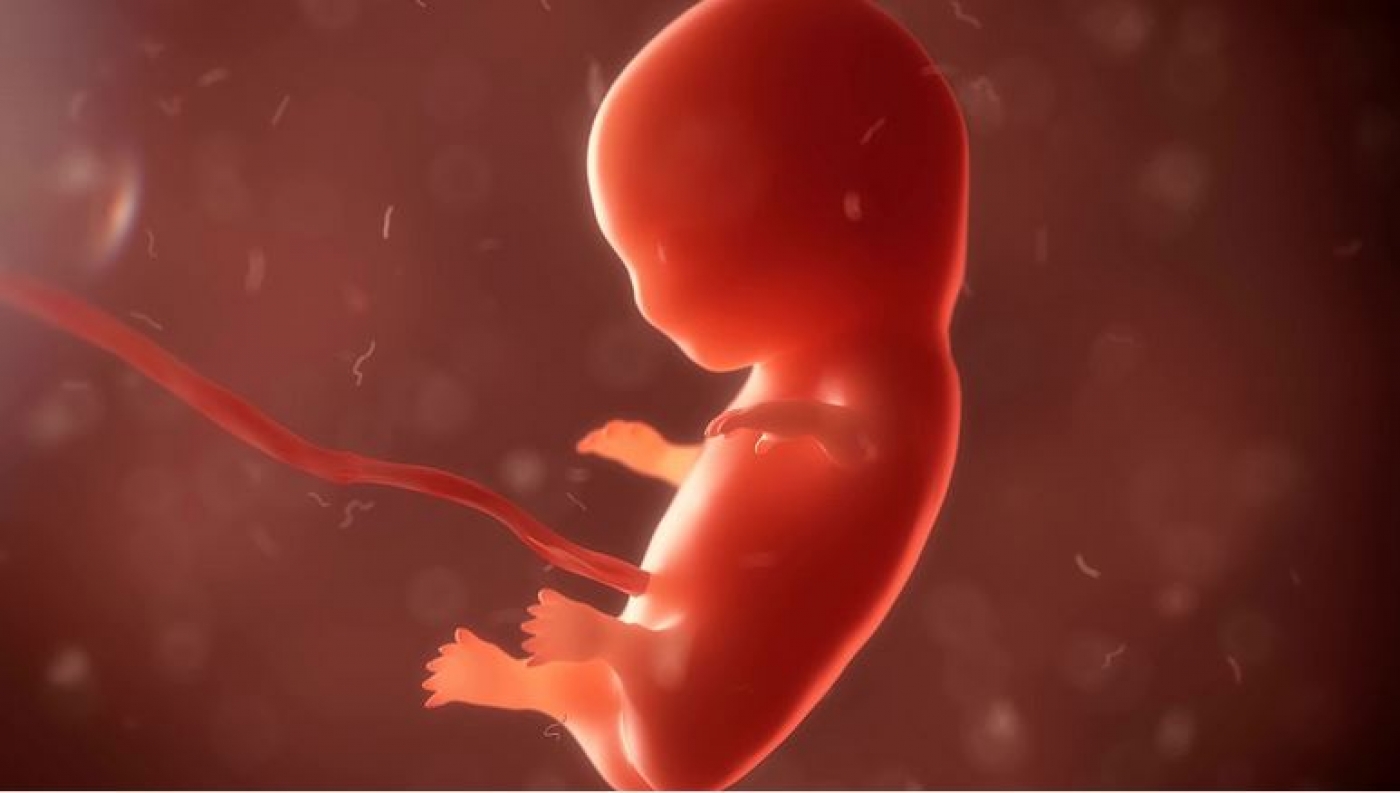“By earlier diagnosis, screening of pregnant women who are likely to give birth to a baby with sex-linked diseases is made possible that increase the likelihood of treatment and control of congenital diseases,” Mehdi Malmir, a PhD student at Bu Ali Sina University who is working on this project said, “thus, mother’s physical and mental problems as well as possible costs reduce.”
Fetal sex-linked diagnosis was conducted in this project by identifying the DYS14 gene using Apt/PANi-RGOGNPs/Au electrode, which is a part of the Y chromosome genome, in the blood plasma of pregnant women.
This research project can be commercialized by making a special kit and also using DNA nano biosensors. By changing the desired sequence attached to the electrode surface, other bacteria and viruses could also be detected.
The project results were presented in an article published in Biosensors & Bioelectronics journal entitled “Label-free E-DNA biosensor based on PANi-RGO-G*NPs for detection of cell-free fetal DNA in maternal blood and fetal gender determination in early pregnancy.”





